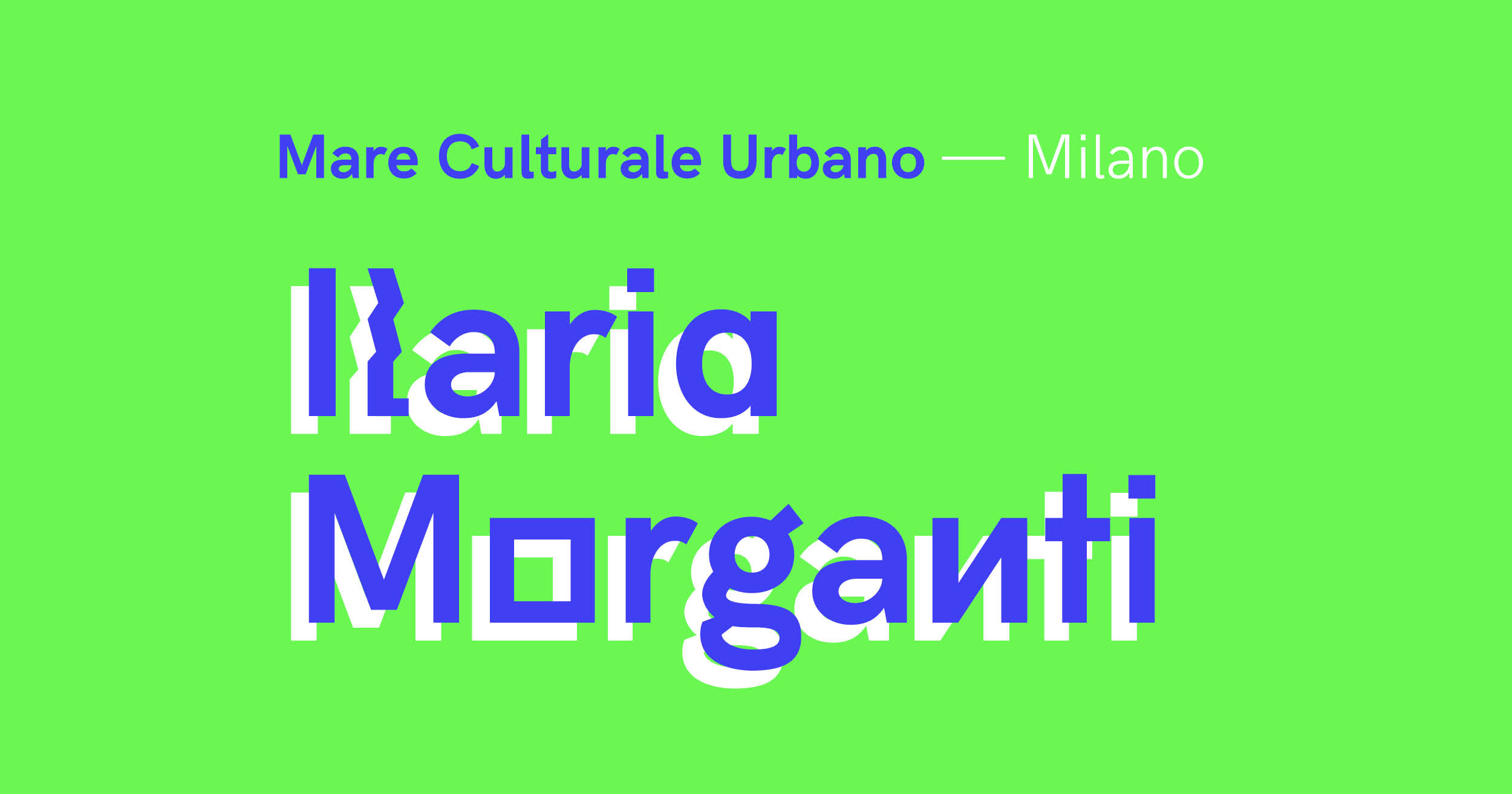
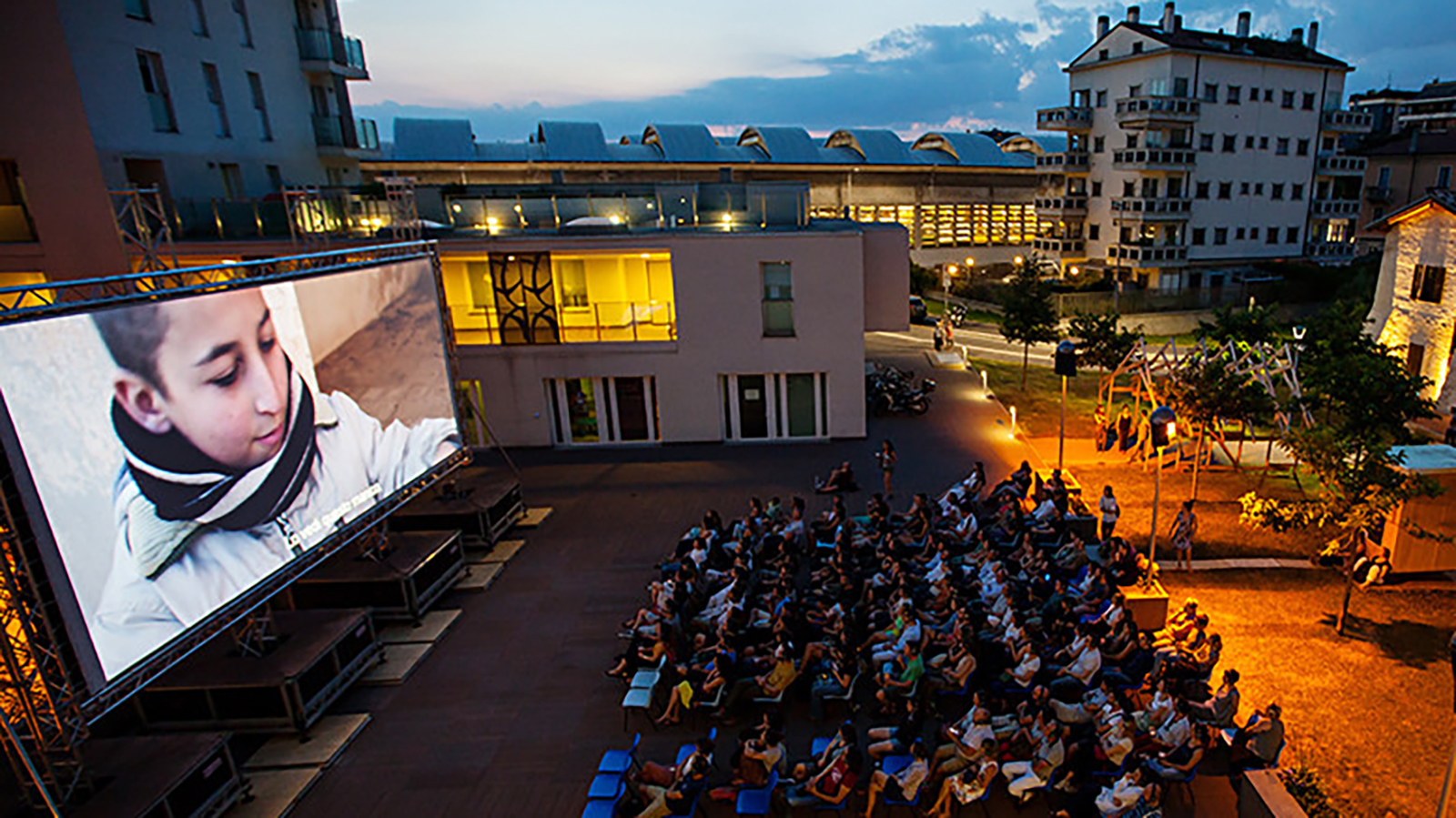
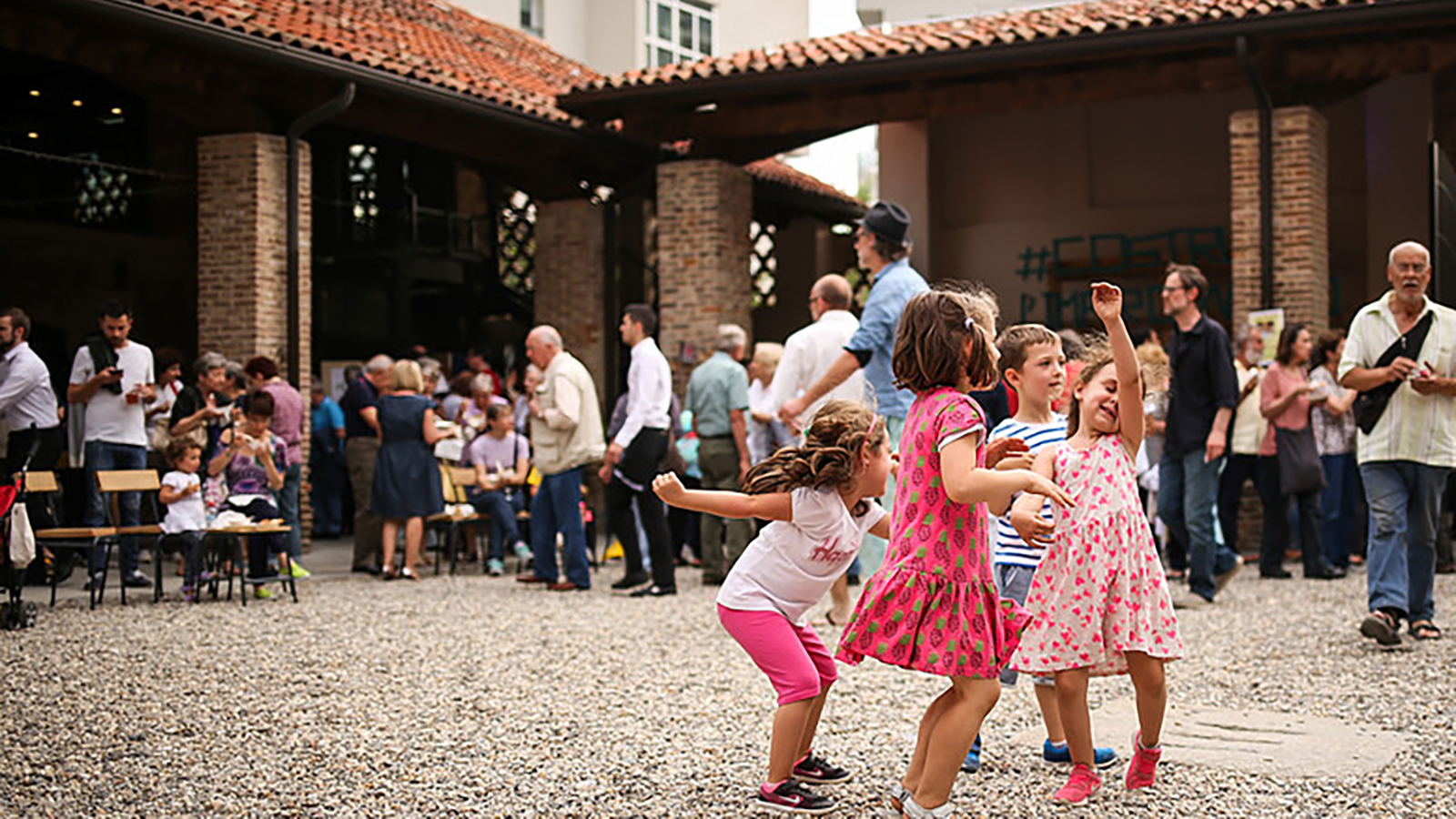
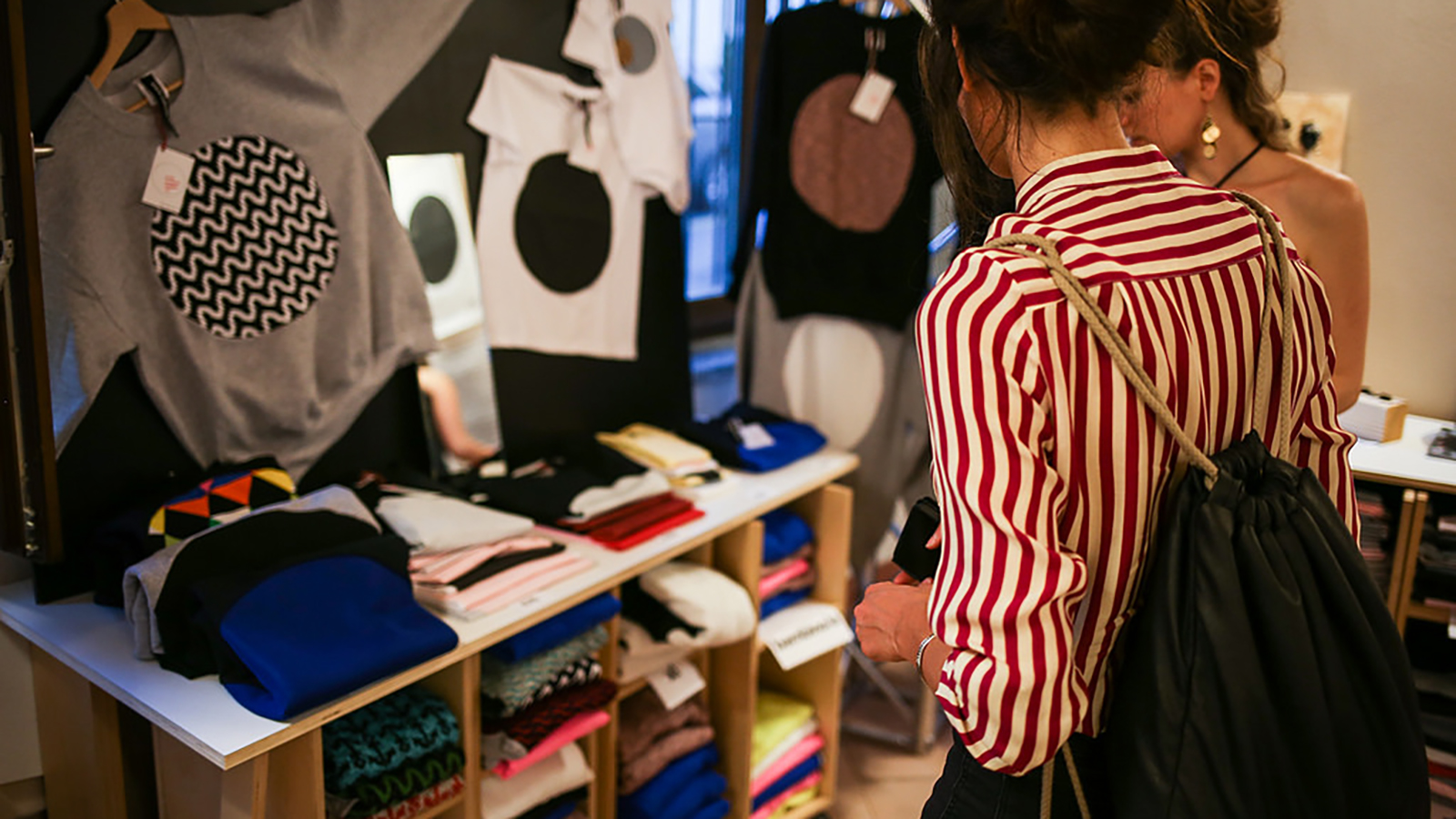
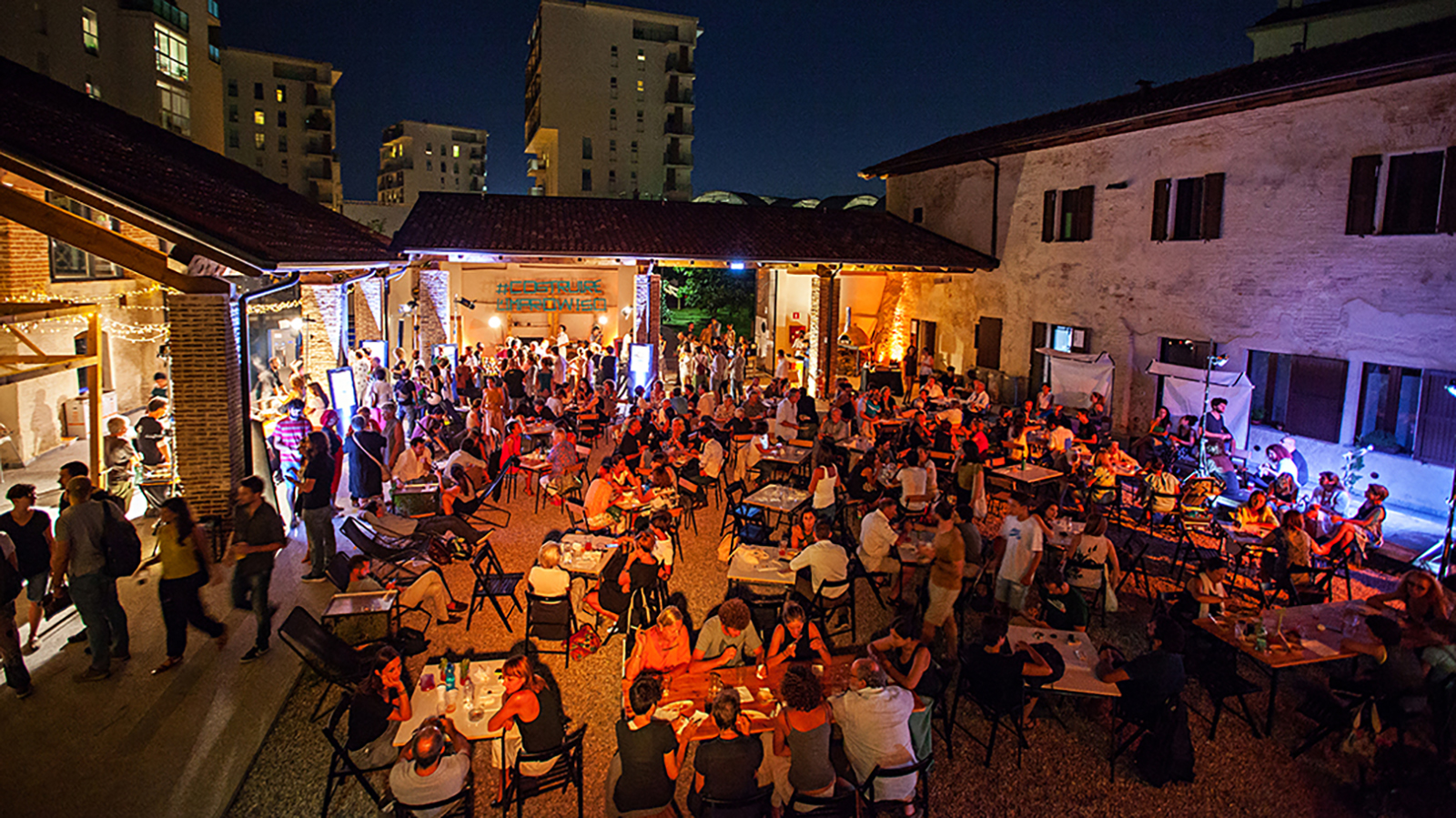
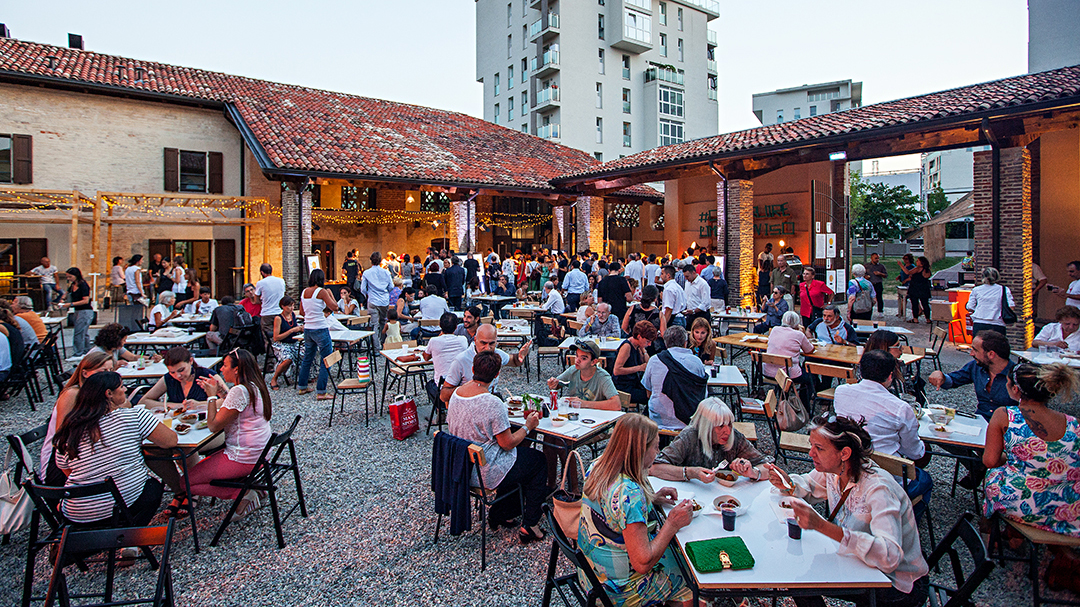
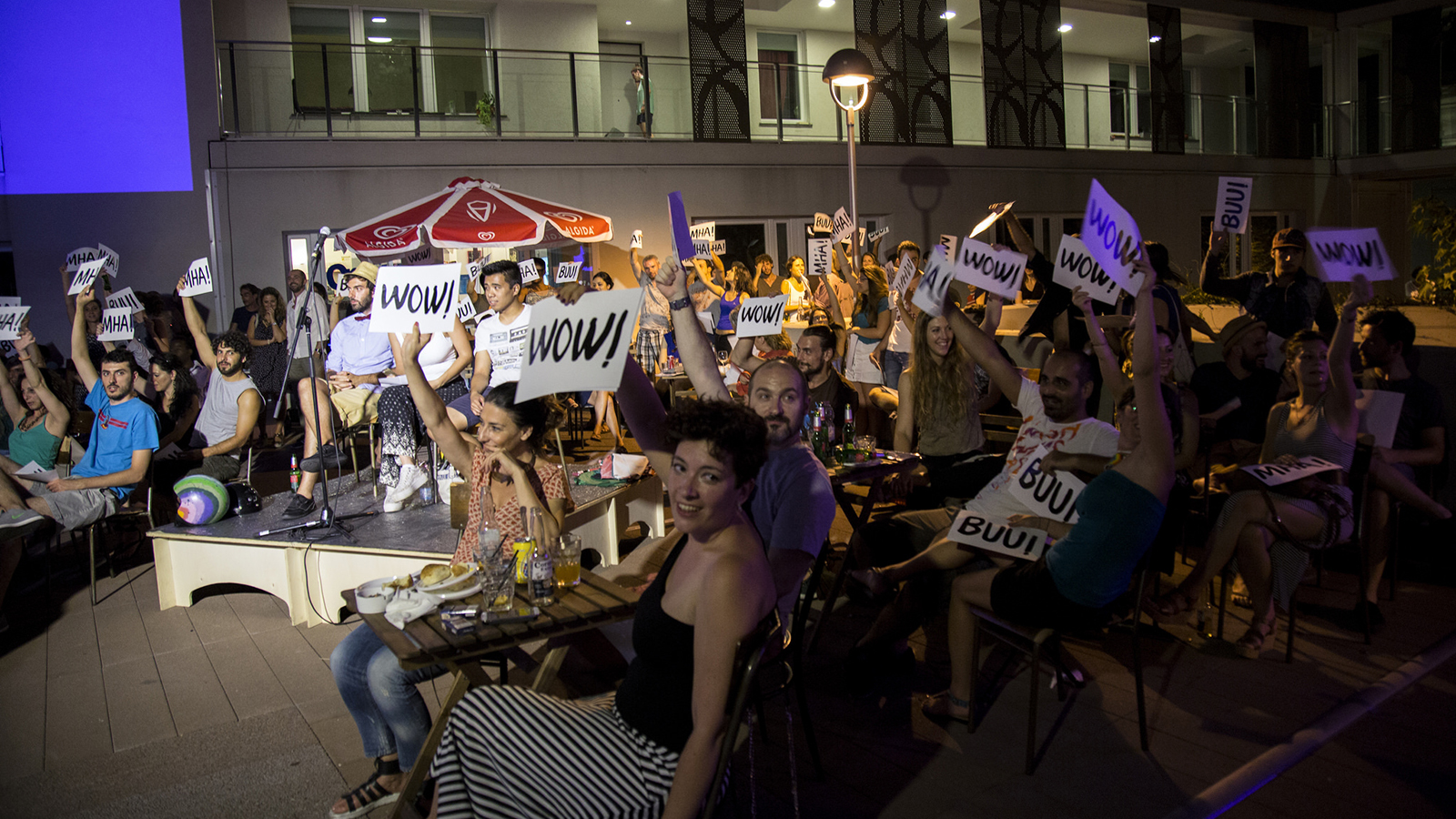
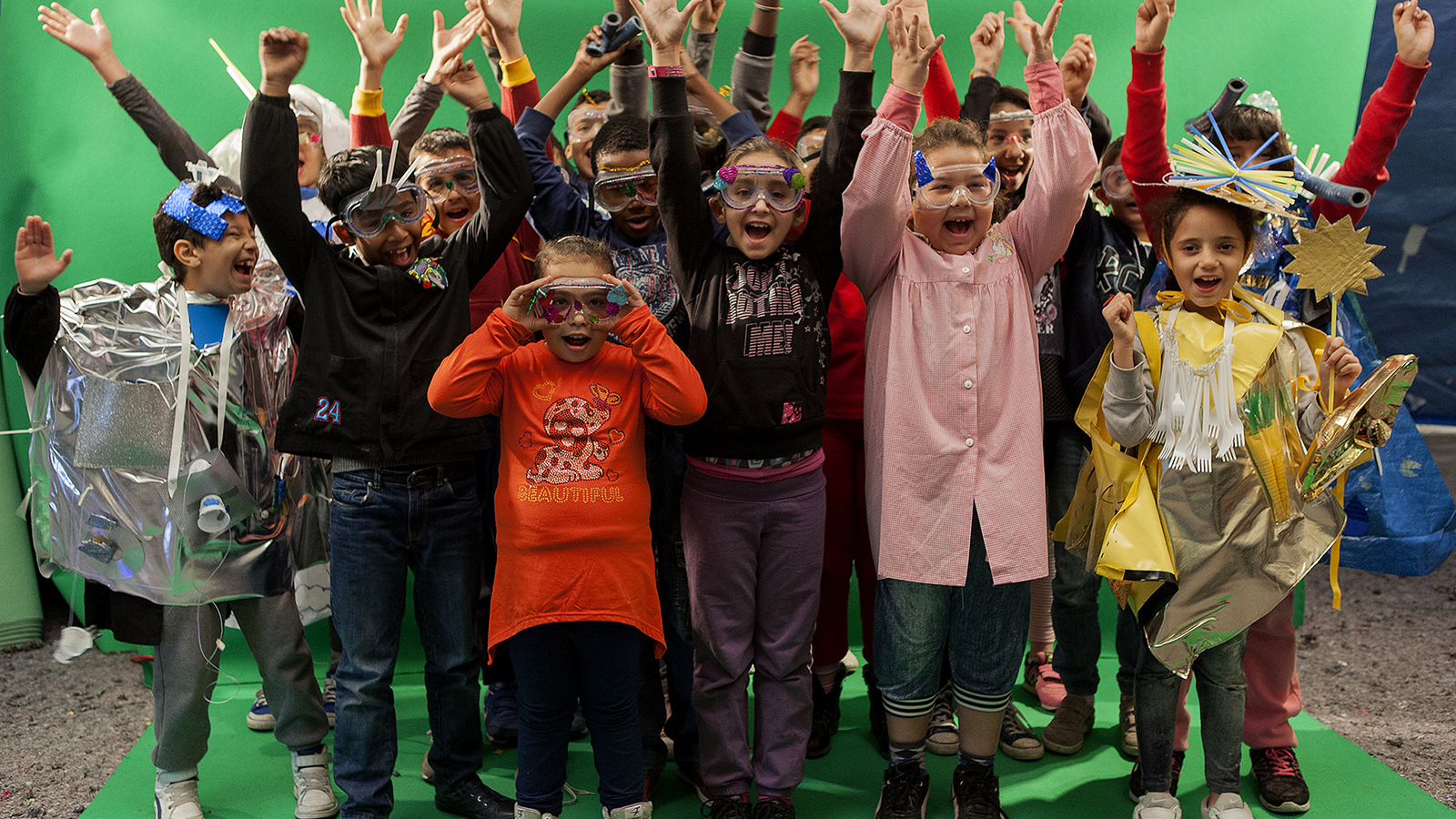
We're starting a interview cycle with many people from different cultural production experiences from around the country. The first one is Ilaria Morganti from Mare Culturale Urbano (Milan).
What do you do for a living?
I manage the Research and Development area in Mare Culturale Urbano. My work is focused on research and constant updates around the issue of innovation. I work around design to ensure the sustainability of new projects being started up within Mare, building networks and relationships to position Mare within a system of diverse players working on innovation-related research and prototyping activities.
What do you wish you’d be doing for a living?
Exactly what I’m doing.
Why do you do what you do for a living?
It’s the result of a personal path, made of decisions and encounters throughout my life. I do it because I feel part of a group that fills my mind with thoughts and visions, and because by doing this I’m contributing to a political project for my city.
How do you transform a physical space into a place?
By allowing diverse communities, made of people driven by a sense of belonging, to live in it.
Can you provide us with at least three examples of successful Space/Place transformations?
Historical example: SECS (Brazil, end of the 1970s)
Classical example: La Friche La Belle De Mai (Marseille, 1990s)
Most striking, recent example: Macao (Milan, 2010)
Institutional example (a small one, a bet): Openside (Milan, Bocconi Universty, 2014).
Let me talk a bit more about this one, as it’s a less known case and still in progress. Since 2014, Bocconi University – and particularly a group of teachers and researchers working on topics of cultural policy, recovered a space in the university’s newest building in Via Roentgen in order to transform it into a connecting hub between the city and the university. Throughout these three years, this space has been animated by a cultural agenda (debates, presentations, workshops, lectures, screenings),which got more and more regular with time. An experiment that goes way outside of the regular Bocconian schemes and that is now entering an interesting phase. For the Salone del Mobile event, the space was inaugurated with a student-led self-management program: students themselves will have the responsibility of opening it, taking care of it and making it live. I consider this an interesting case, as with time the space’s management responsibility was transferred/taken from the students and – despite it being still hosted within a heavily regulated context – represents a space for students’ expression following new rules.
What do you think about the interconnection between the independent cultural production centers in Italy?
It’s a small community. People know each-other and meet at public, institutional events etc. There’s space for interactions connected with punctual moments for work and reflection (seminars, conferences, workshops); there are not so many opportunities to cooperate and connect around specific projects. It could be interesting to work on some sort of circulation mechanisms for people and knowledge across the different places.
What were the hardest times in your work, and why?
Anytime I can’t do my job because processes are being slowed down and hindered by the lack of collaboration.
What were the best times in your work, and why?
When I’ve seen people happy to join the projects I’ve helped making happen, with them and for them.
What does “open source” mean to you?
A mental attitude.
What social and political implications does open source have, in your opinion?
It flips the concept of value, basing it on the possibility of sharing something, rather than owning it.
Three things you’d like school to have/do/trigger?
- Experimenting in other territories
- Enlarging participation to teenagers and kids
- Focusing on a business model that would make it sustainable
Three things you’d like to delete from school?
Nothing at the moment. I would like to leave the school experience at least once, first-hand, to get a more precise idea of how it works, beyond observing the way it works – which is what I’ve been limiting myself to, so far.
Please describe your ideal school.
The ideal school is a school that anticipates the future, doesn’t chase it.
What would you like to learn in the next 12 months? Why?
I’d like to learn more on practices and tools to develop collaborative process, as my job lives out of this. I’d like to experience the world of makers, as I know very little of it, in a practical sense. I’d like to study graphic design, as I’d like to be able to tell things via a visual language.
In between associations, cooperatives and corporates, the leading roles of cultural production are being played by multiple, diverse players, differening one from another for both their work distribution principles and its monetization. Some players have employees, in some others everyone's a partner; in some cases shares are equally distributed, in some other each partner has her own, particular weight. What do you think about this? How is your organization structured and how do you think that an optimal organization working with cultural production should look like?
Mare is a limited company, recognised as an innovative start-up with a social purpose [a particular category in the Italian legislation]. The company was founded by two partners. Generally, going beyond the way the organization is founded and its legal form - that depends on several factors based on the specific project, I believe that it is important to allow employees to have some ways of being involved with the organization's governance.


